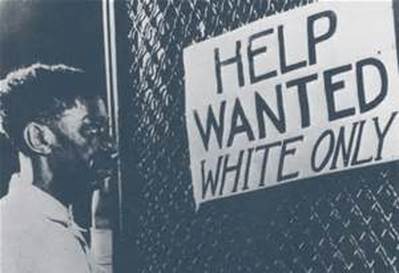After the Civil War, as the nation grappled with the aftermath of slavery, the question of freed Black people’s status in the South remained unresolved. The Black Codes were created, a series of laws aimed at limiting the freedom of African Americans and ensuring their availability as a cheap labor force, echoing the control exerted over them during slavery.
African Americans faced stringent regulations under these codes, enacted primarily in Southern states. Many were required to sign yearly labor contracts, with refusal leading to arrest, fines, and forced unpaid labor. These laws shackled their ability to assert independence and gain economic autonomy, effectively perpetuating a system of oppression.
The outrage sparked by the Black Codes reverberated in the political arena, contributing to the decline in support for President Andrew Johnson and the Republican Party. However, the legacy of these laws extended far beyond their immediate impact. In the years following reconstruction, the South reincarnated many aspects of the Black Codes into the infamous Jim Crow laws, solidifying racial segregation and white supremacy for nearly a century.
Here are examples of these discriminatory laws. In Mississippi, African Americans were required to carry written evidence of employment each year and were subject to penalties and forced labor if they dared leave before the contract ended. South Carolina mirrored these provisions, imposing similar requirements and punishments.
Vagrancy laws were another insidious component of the Black Codes, targeting unemployed African Americans as “idle” and subjecting them to fines, jail time, physical punishment, and forced labor. Moreover, these laws stripped African Americans of fundamental rights, denying them the ability to testify against whites, serve on juries or in state militias, vote, or even change jobs without the approval of their previous employer.
The echoes of these oppressive laws resonate throughout American history, casting a long shadow over the struggle for civil rights. The legal edifice of segregation and discrimination began to crumble with the passage of the Civil Rights Act of 1964. The Black Codes and their subsequent manifestation in Jim Crow laws stand as stark reminders of the enduring fight for equality and justice in our nation.
The Black Codes represent a shameful chapter in American history, perpetuating inequality and denying fundamental rights to African Americans during a critical period of reconstruction after the Civil War. As we reflect on this troubling legacy, let us reaffirm our commitment to justice and equality for all Americans.
References:
Encyclopedia.com History.com Oxfordbiblographies.com pbs.org
